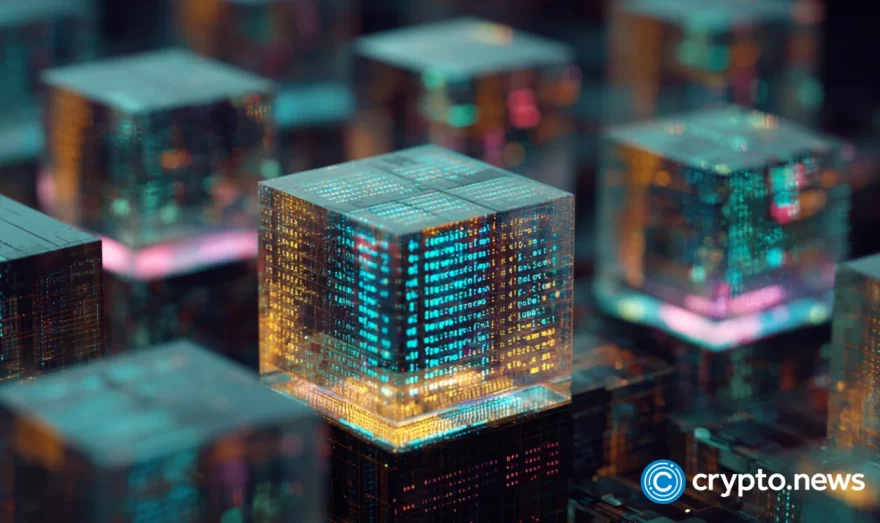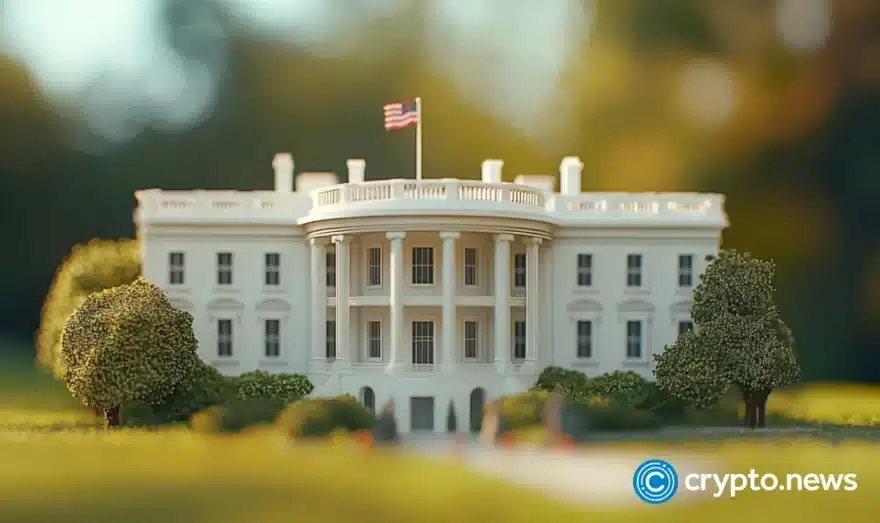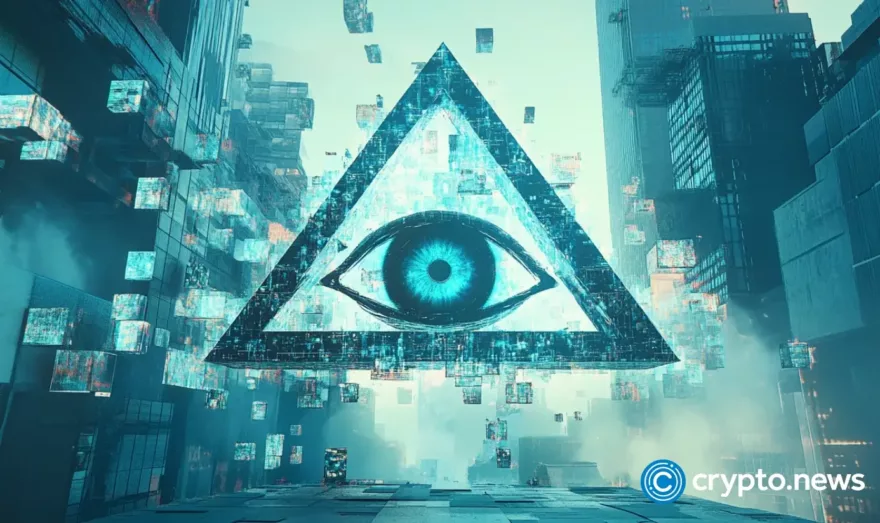Nvidia’s record earnings and stock split shake up AI crypto market
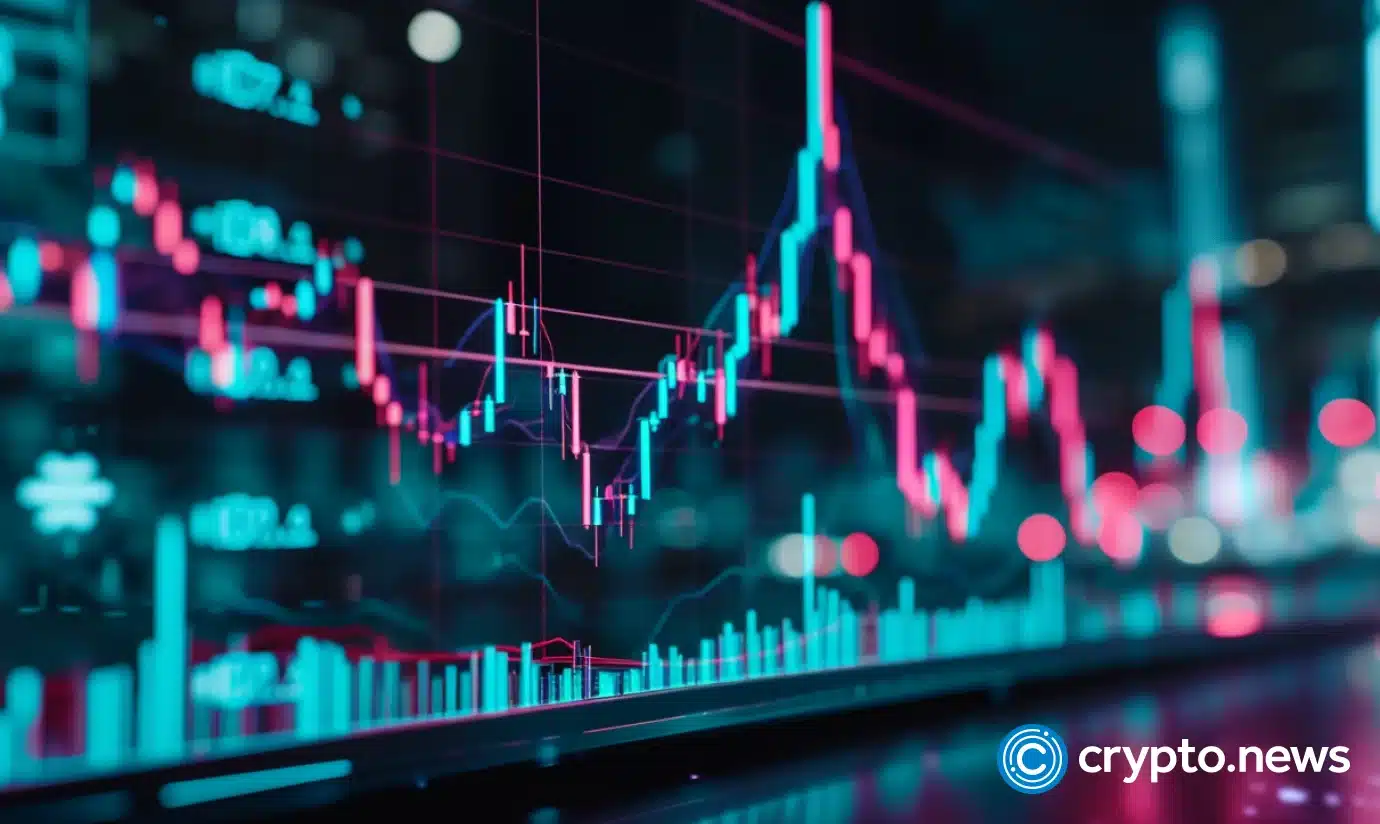
Nvidia has forecasted quarterly revenue above estimates and announced a stock split, lifting its shares to record highs while impacting AI-focused cryptocurrencies.
According to a May 25 report, the Santa Clara, California-based company and pioneer of GPU accelerated computing, will implement a ten-for-one stock split effective June 7. It will also increase its quarterly dividend by 150% to 1 cent per share on a post-split basis.
A stock split divides existing shares into multiple shares to boost liquidity. Companies typically perform stock splits when their share price becomes high, which can be a barrier to small investors.
Nvidia shares jumped 5.9% to $1,005 in extended trade, peaking above the $1,000 mark and adding about $140 billion in stock market value.
The leading chipmaker forecasts fiscal second-quarter revenue to be $28 billion, plus or minus 2%. Analysts had expected revenue of $26.66 billion, according to LSEG data.
First-quarter revenue surged 262% year-over-year to $26.04 billion, beating estimates of $24.65 billion. Net income soared 628% to $14.88 billion.
Contrary to crypto traders’ expectations, Nvidia’s strong earnings did not immediately boost AI-related cryptocurrency tokens.
Render (RNDR), a decentralized graphics processing unit rendering platform on Ethereum, saw a 12% decline within five hours of the earnings report, dropping to $10.48.
At the time of writing, the token was down 6.6% with a 24-hour trading volume of $827 million, per data from CoinMarketCap.
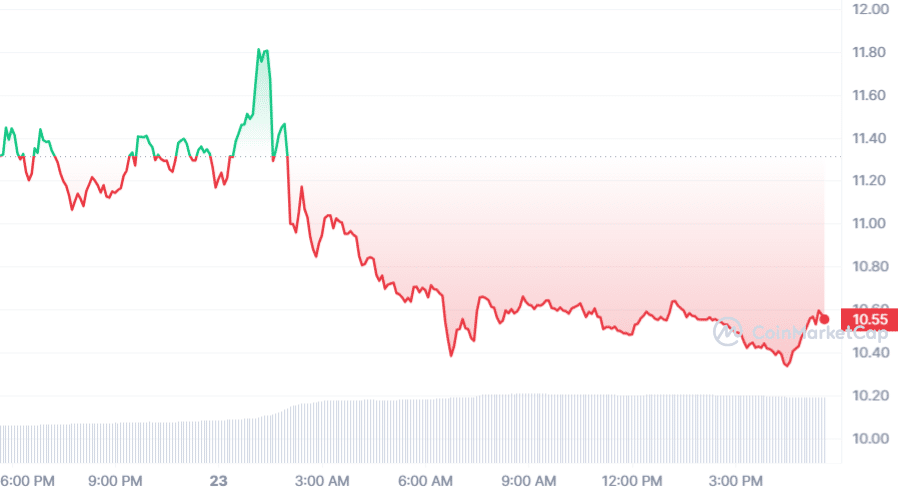
Despite this initial drop, historical data suggests potential for a rebound. During Nvidia’s Q4 earnings event in February, RNDR rose 38% within 48 hours.
Crypto trader D0C Crypto has highlighted the trend, speculating that RNDR could surge above $15 from its current price if history repeats itself.
Adding to the speculation, a known whale wallet transferred approximately $52.1 million worth of RNDR tokens to an unknown wallet, holders appear to be anticipating a “sell the news” event, according to Santiment. The move suggests that major players are positioning themselves based on Nvidia’s results and potential market reactions.
AI solutions platform Fetch.ai’s token FET was trading around $2.65 at the time of Nvidia’s earnings announcement and has since dropped 2.8% to $2.45.
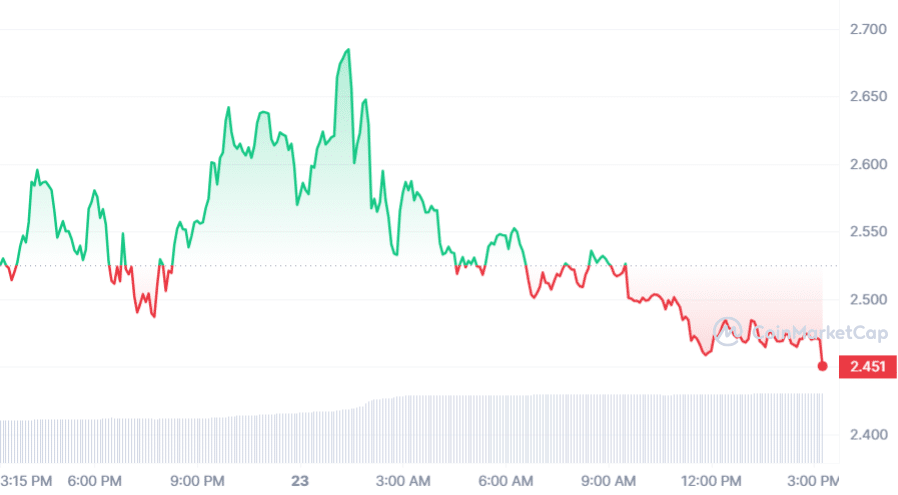
Meanwhile, other popular AI tokens, such as The Graph (GRT) and SingularityNet (AGIX), also recorded drops ranging from 4% to 6%, respectively.
Industry leaders weigh in
Even though AI crypto tokens have faced price drops across the board, crypto market watchers are hopeful that Nvidia’s strong performance will have a positive effect, as they claim was the case in the previous market cycle.
“The Nvidia stock split announcement could seriously shake up the AI crypto token market. Nvidia’s earnings have always been a big deal for these tokens, often making them surge,” Tim Zinin, founder of Botanica School, told crypto.news.
“With the stock split, more people might jump in since the shares will be more affordable. This could boost confidence in tech and AI tokens even more. Investors are now fully convinced that artificial intelligence is here to stay,” he added.
Meanwhile, Marco Pagnini, fund manager at Moonwalk Systems, said the correlation between Nvidia stocks and AI tokens has been high (above 0.75) since the beginning of the year. “TradFI has already started to use crypto tokens with high correlation to the traditional market to front-run stock traders: easy trading access, less competition.”
Pagnini further noted that the stock split reduces entry barriers for retail investors, which is one of the great features of tokenization. However, he noted that the strategy is only beneficial to stock owners, not token owners.
Ignacio Palomera, CEO of Bondex, concurred, adding that Nvidia’s earnings reports are a “rising tide that lifts all boats.”
“Previously, the crypto and machine learning camps have been at odds with each other. Miners sought high-powered GPUs for processing transactions while the ML community needed those GPUs for training models. Now that the AI narrative is starting to take off on decentralized networks, we are seeing a merger between these two communities.”
Ignacio Palomera, CEO of Bondex
Zac Shander-Kelsey, CEO of Nodabank, added, “We have seen how the traditional sector influences cryptocurrency, and this is no different. Just like with crypto in 2017-18, the market is still out on how crypto and AI interact. Once retail gets to grips, we will see stronger correlations.”













